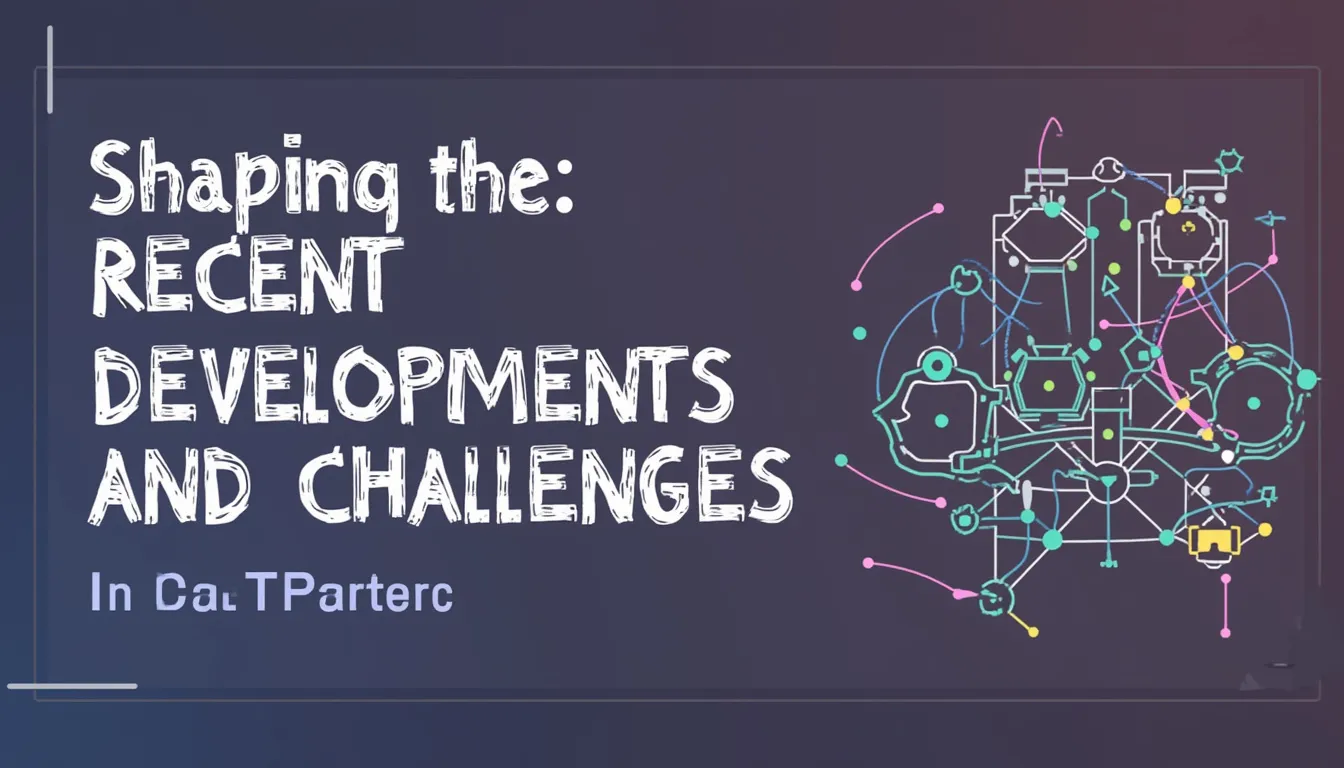The landscape of artificial intelligence is ever-evolving, and recent developments around ChatGPT reflect its dynamic progression. From innovative features and medical breakthroughs to market competition and ethical considerations, the latest updates on ChatGPT are shaping its path forward.
Introducing the Revolutionary Live Camera Feature
The imminent introduction of the Live Camera feature marks a significant leap forward for ChatGPT. Expected to debut in a beta version soon, this feature will allow ChatGPT to utilize the webcam for real-time visual analysis and feedback. This capability empowers the AI to engage directly with users’ surroundings, providing immediate insights on objects, locations, and other visual stimuli. Notably, beta testing has already hinted at this feature’s capabilities, particularly for users subscribed to ChatGPT Plus, who tend to access alpha versions ahead of the general public.
Enabling ChatGPT to see and interact with the world around users in real-time is a game-changer. This development enhances ChatGPT’s utility, allowing it to not only process textual input but also integrate visual data into its responses, making interactions more enriched and contextually informed. The fusion of text and vision capabilities is set to redefine ways AI can be used in personal, educational, and professional settings.
AI’s Increasing Competence and Market Impact
Beyond new features, ChatGPT’s competence in the medical domain is gaining attention. A pivotal study published in *JAMA Network Open* concluded that ChatGPT-4’s diagnostic capabilities exceeded those of general practitioners, achieving a 90% accuracy rate compared to a 76% accuracy rate among doctors using ChatGPT assistance. This finding underscores the potential of AI to augment human expertise, especially in sectors like healthcare where accuracy is imperative.
Meanwhile, ChatGPT’s influence continues to grow in digital markets. With a 4.33% share of search activity and a projected monthly growth rate of 13%, ChatGPT is emerging as a formidable competitor to established platforms like Google, which holds a substantial 83.54% of the market. Such growth signals OpenAI’s potential expansion into new domains, possibly including the development of its web browser, further amplifying its competitive edge against Internet giants.
Security, Ethics, and Future Directions
Yet, advancements are not without their challenges. The sophistication of ChatGPT’s capabilities raises concerns about security and ethical standards. Incidents like the AI code poisoning, where ChatGPT inadvertently recommended fraudulent APIs leading to significant financial losses, highlight the importance of rigorous safeguards and ethical considerations in AI training and deployment.
In terms of development cadence, OpenAI CEO Sam Altman has confirmed that GPT-5 will not be released in 2024. However, this pause does not signal stagnation; OpenAI plans to focus on other significant milestones that promise substantial impact. Additionally, OpenAI’s discussions with regulators about transitioning into a for-profit entity underscore strategic shifts in its business model, which could fuel future innovations and expansions.
As these developments unfold, the implications for technology, industry, and users worldwide are profound. OpenAI’s strategic approach and the evolution of ChatGPT will likely influence the next wave of digital transformation, setting new precedents in AI application and integration.




